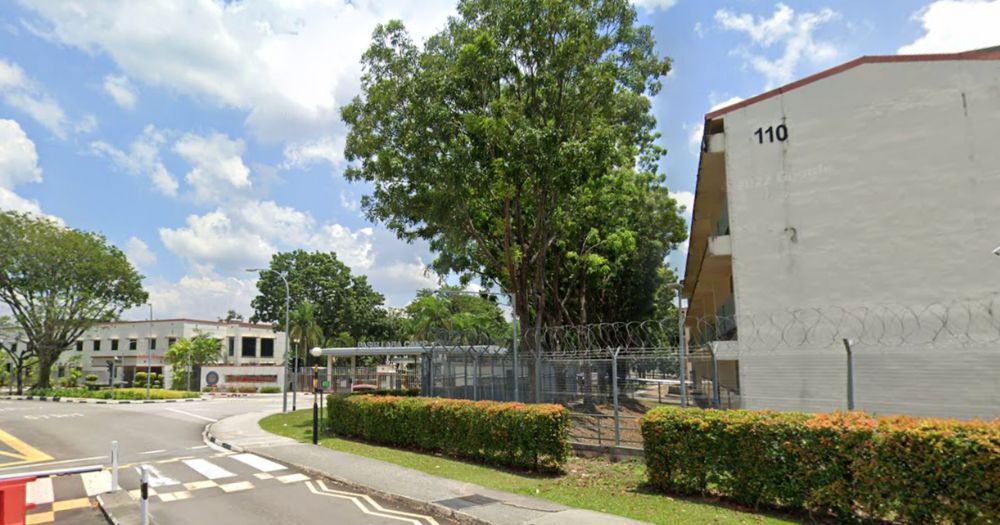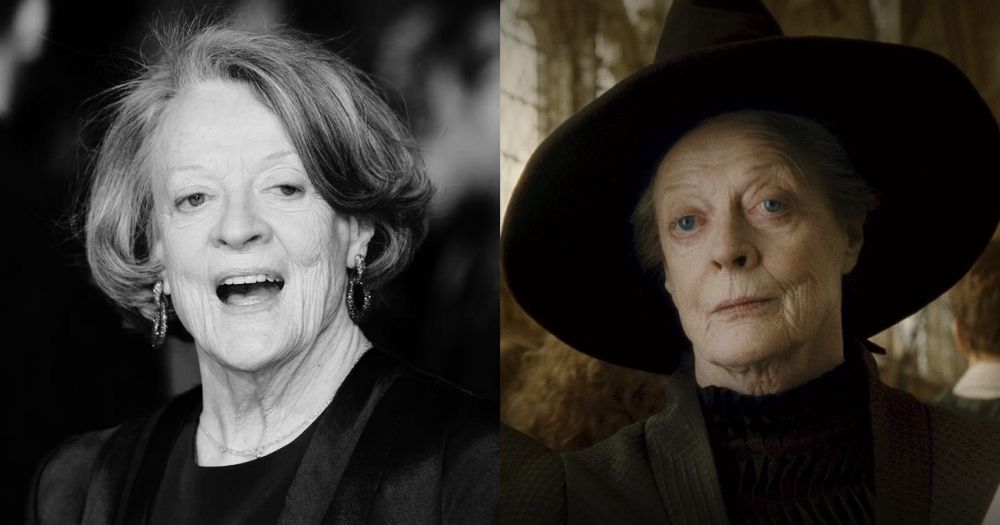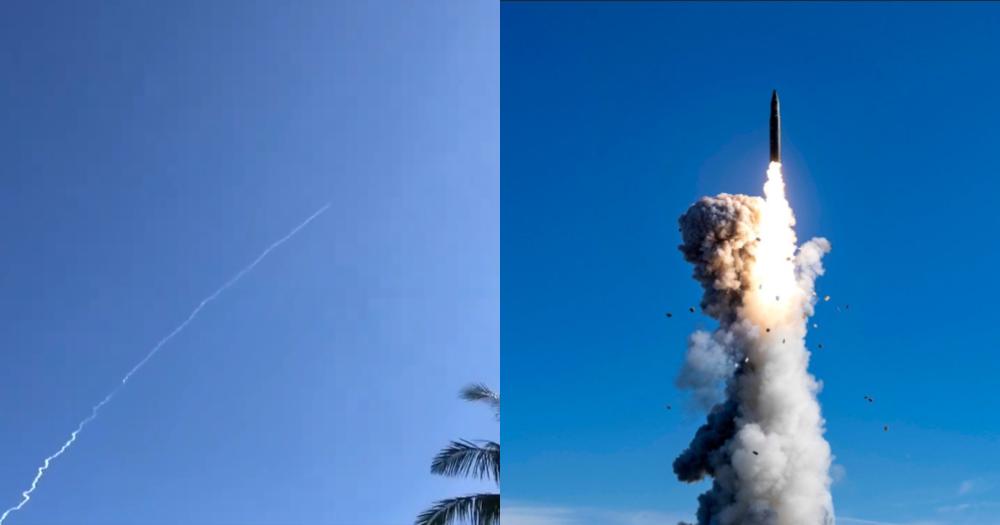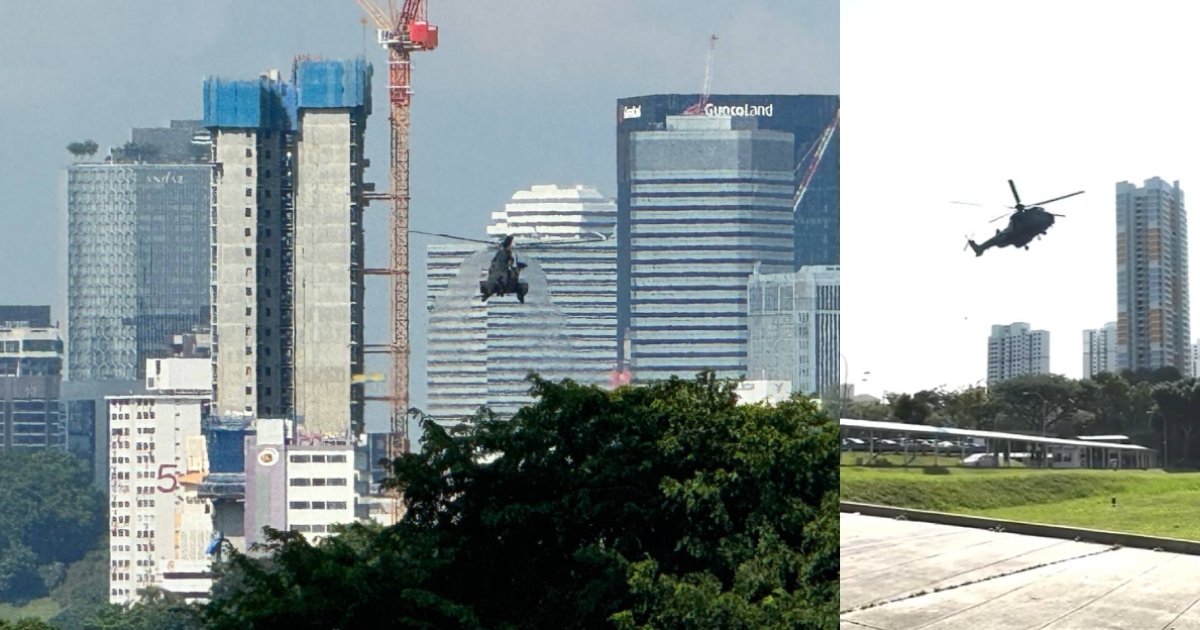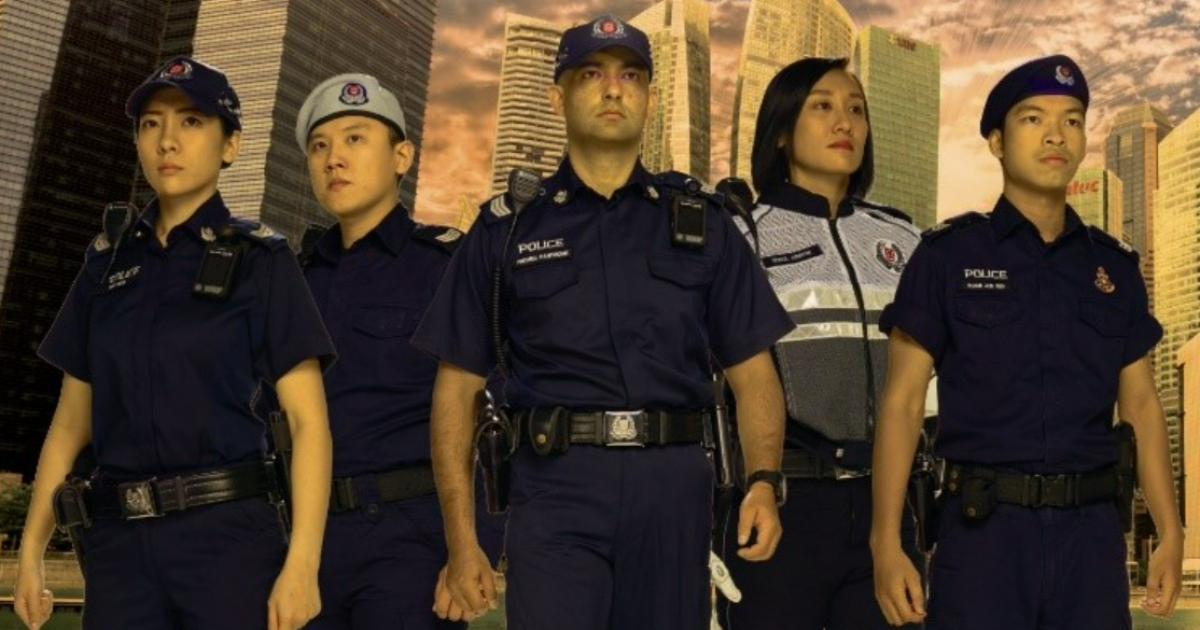Govts need 'political will' to pass laws for advancing women's development: Former President Halimah Yacob
Halimah also called for a ceasefire and peace talks in Gaza.
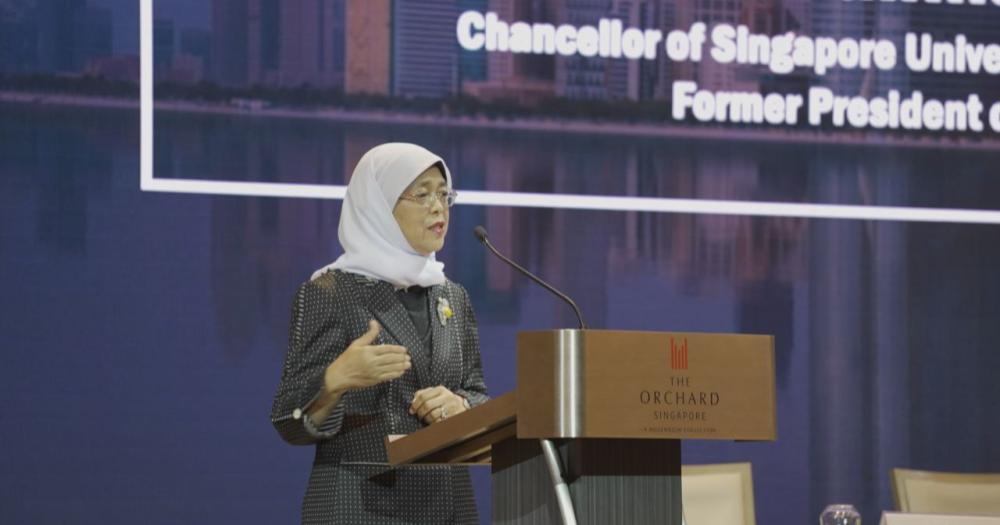
Former President of Singapore Halimah Yacob gave the the Middle East Institute's annual conference opening speech on Jun. 25, speaking about Singapore's close relationship with the Middle East Gulf States, as well as the role of women and education in national development.
Firsthand knowledge
Halimah spoke about Singapore’s relationship with the Gulf States, as well as noting the contribution of Singaporeans to the development of academia in countries such as Saudi Arabia.
She highlighted the role of Choon Fong Shih, a Singaporean academic and administrator, as well as the founding president of the King Abdullah University of Science and Technology in Saudi Arabia.
Halimah spoke about how impressed she was at the development that she had seen firsthand during her state visits to the Gulf States when she was president.
Women and National Development
She also spoke about the development of Singapore over the years, particularly about the role that women had played in that story.
Singapore had recognised the need for education in its development, and its ability to "dramatically alter" the course of nations; and Singapore could not afford to distinguish between their sons and daughters, requiring the contributions of both.
As a result, parents were called upon to send both sons and daughters to receive education, unlocking many opportunities for women in Singapore.
For instance, approximately half of Singapore’s university graduates, as well as its professionals, managerial, executive, and technician workers are female.
In science, technology, engineering, and maths occupations, one in three were women.
This participation extended to political leadership, with about a third of Singapore's parliamentarians being women, with Halimah noting that she was Singapore's first woman speaker of parliament (as well as the first woman president).
More progress can be made, governments need political will
But Singapore "could do better still", and must "see more progress for women in leadership roles across society and the economy", said Halimah, adding that the Gulf States similarly want to see more women in leadership positions.
Governments need to have the political will to put the right policies and laws in place, as well as the effective enforcement of those laws.
She cited the Women's Charter as enshrining the protection and advancement of women's rights in Singapore’s laws, and was “remarkably progressive” when it was passed in 1961.
Singapore's commitment was shown again in 2022 with a White Paper on Singapore’s Women's Development, setting out action plans to ensure equal opportunities for women at the workplace, support as caregivers, and protection from violence, amongst other things.
The importance of preschool
Halimah also highlighted preschool as an important contributor to women employment.
"In my view, the single greatest enabler for women to pursue careers and contribute beyond the family is making quality, affordable preschool available to all families.
In Singapore, we have invested heavily in preschool to ensure that there are enough full day places in preschools for every resident child above the age of three.
Lower income families, too, have ready access to affordable, quality preschool, and that is always important for us as an element of inclusivity in our society."
Gulf States and women’s participation
Halimah said that all six Gulf States have made efforts to ensure that improving education was a central pillar in their respective national plans.
She noted that the common objective for the Gulf States was also to encourage increasing women's participation in the workforce, having undertaken efforts and reforms to achieve this.
But there was still some way to go, with female workplace participation in the Gulf States at 18.8 per cent compared to the global average of 39.3 per cent.
Halimah said that “in the global contest for talent, every country fights for talents”.
Women, in this context, are an important group to be engaged productively for the betterment of society, and if they were not leveraged upon, progress would be much slower.
Calls for a ceasefire in Gaza
Halimah also spoke about the ongoing conflict in Gaza, noting that it had continued for more than eight months with a terrible loss of life, especially civilian women and children, as well as the massive destruction of infrastructure.
She called for a ceasefire to end the war in accordance with international laws, followed by genuine peace talks and rebuilding efforts.
The Gulf States, with its vast resources and global links and capacity have a very important role to play.
She concluded by saying that education had the potential to transform nations, "If we can overcome the challenges that confront us collectively to be ready for the future.”
Top image via Mothership

MORE STORIES







